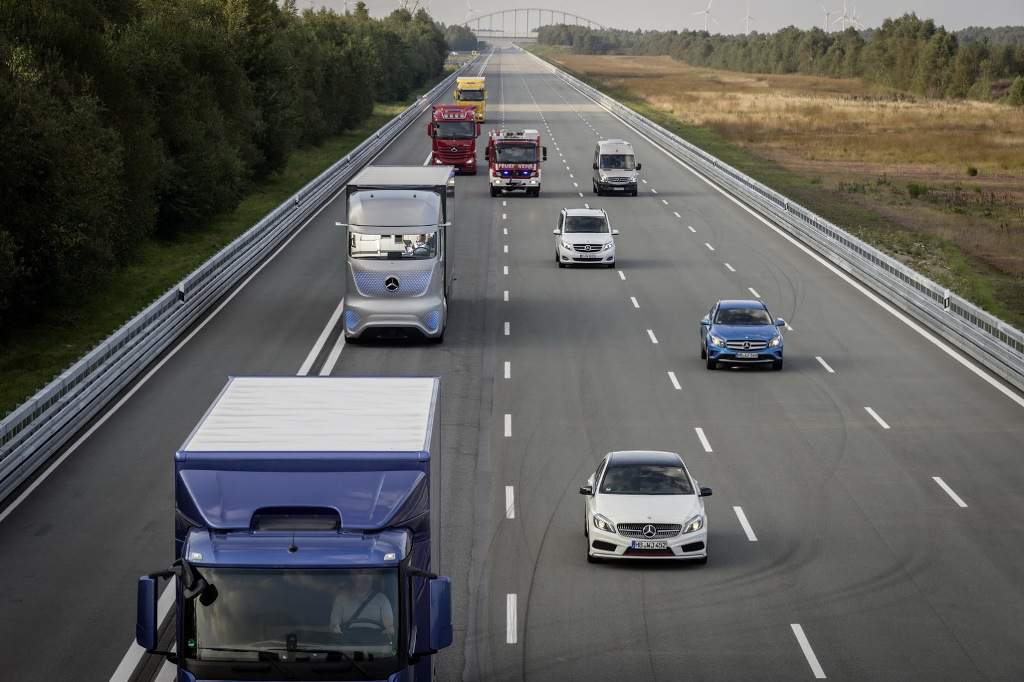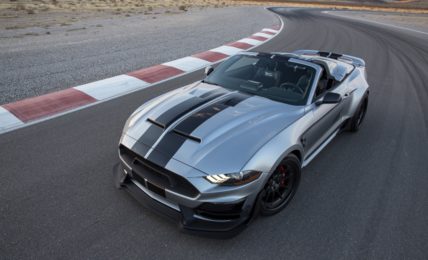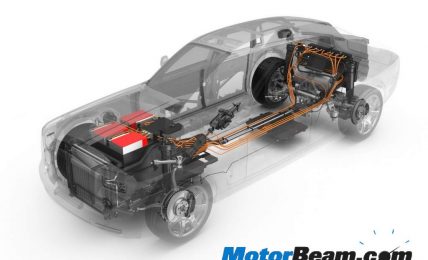The first CrashLab Interceptor has been placed in Jaipur and will help the government understand the causes of accidents on Indian roads.

Looks like India has learnt a lot about vehicle safety in this year. It all started a few months back with Indian cars being tested for safety by Global NCAP. While Hyundai i10, Maruti Alto 800, Volkswagen Polo and Tata Nano initially failed the frontal crash test, the Ford Figo and Polo (with airbags in second attempt) passed the tests for structural rigidity. Soon after that, the Government of India announced that it will set up its own NCAP by 2017 as well as make airbags and ABS mandatory across all new models from 2017. Things were looking positive till a few days ago when the Datsun GO and India made Maruti Suzuki Swift failed the frontal crash test.
Just improving the structural rigidity of the vehicle and adding ABS, airbags is simply not enough to cut down the fatality rate. The government on its behalf tied up the loose ends by imposing hefty fines on violators and tailoring the road rules. Again, passing rules in the parliament won’t suffice the purpose; the rules need to be implemented and someone has to bell the Indian cats.
A few years back India did put check to speeding vehicles (within/outside) major cities by using interceptor technology. Strengthening the portfolio, the Jaipur Traffic Police launched a new interceptor vehicle named CrashLab which will use the latest technologies to analyze the causes leading to a road accident.
The upgraded technology will investigate the causes of mishaps quickly and accurately. CrashLab is developed to analyze the causes leading to a road accident. The newer generation interceptor will collect data and will help authorities to take preventive measures based on its analysis. The technology can also determine if the accident was caused due to the negligence of the driver or faulty road engineering.
A senior officer said the vehicle is equipped with three cameras, one of which will be mounted on the vehicle at a height of 5 meters from the road. “The cameras will be able to pinpoint the speed and the vehicle’s number even during night time. A laser gun will detect and record the high security number plate of a vehicle from a distance of 150 meters. The software will be able to record various data including the extent of a tyre’s friction on the road, the vehicle’s speed, the extent of damage in a mishap. The vehicle will be connected with the police control room through global positioning system,” the officer added.




